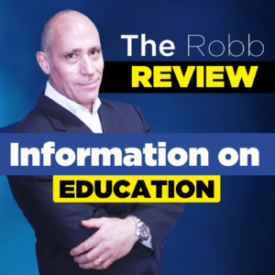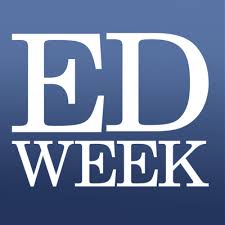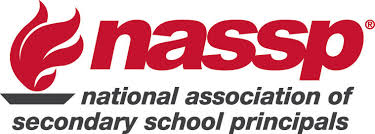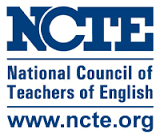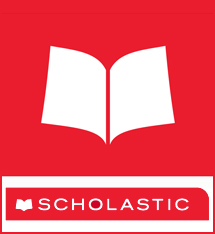By Laura Robb
Students enjoy reading partnerships. The comments that follow were part of reflections they wrote after experiencing this relationship:
- “I love talking about my book to a partner.”
- “My reading partner helps when I’m confused.”
- “My partner helps me find books to read.”
- “I can ask my partner for help.”
Students’ reflections point to the benefits partnerships have for teachers and students. What these comments teach us is the sharing and supporting between partners results in learning, independence, and the development of self-confidence and efficacy.
- Provides more time for teachers. When students learn to support one another and respond to partners’ needs, the teacher experiences fewer disruptions. This translates into extra time to confer, coach, or scaffold students. It also permits teachers to pull groups for guided reading or to discuss diverse texts of the same genre.
- Taps into the social aspect of reading. Students love to talk to their peers. Moreover, in middle grades and middle school, students value peer opinions on a range of topics, including books they liked and disliked. Focusing discussions on favorite books and/or suggesting titles to each other can deepen students’ interest in reading.
- Develops independence for students. Partners can help each other unpack meaning from a confusing section of text, understand tough words, share background knowledge, and clarify a journaling task. Students have opportunities to get to know how a peer approaches reading and writing about reading. All this practice enables students to solve problems independently.
Organizing Partnerships
Sometimes students choose a reading partner and other times, the teacher might organize reading partners for a unit of study that runs five to six weeks. Help students understand that if their partner is deep into reading or working on a project, they should feel free to ask another student for assistance.
What follows are suggestions for using partnerships to boost students’ comprehension, fluency, and enlarge their vocabulary.
Pair-Shares: The turn-and-talk strategy invites students to share, with a partner, their thoughts about a book the teacher reads aloud, a strategy such as making inferences, or a video clip, etc.
Poetry Partners. Each pair selects a poem to practice reading aloud to a partner for four days, and on the fifth day, students perform the poem. Dr. Timothy Rasinski, an expert on fluency, favors this strategy. On the first day, students read their poem to themselves, then out loud to each other, and discuss its meaning. Then, they practice reading the poem out loud each day prior to performance day to develop fluency, expression, and comprehension—and enlarge their vocabulary.
Written Conversations About Reading. Partners can have written conversations on paper or on a computer about teacher read alouds, guided reading books, a lesson, a theme such as stereotypes, and genres such as science fiction. Students set up their written conversation with both names at the top of the paper and jot the book’s title or topic under their names. Students write their name followed by a colon each time they respond. Partners take turns commenting on each other’s ideas, asking an open-ended question, adding information, or offering a different interpretation. Teachers can read these to gain insights into students’ thinking.
Closing Thoughts
Sharing ideas, supporting and helping one another, developing friendships, valuing diverse interpretations combine to make reading partnerships valuable and memorable learning experiences. Always reserve time every few weeks to invite students to reflect on and write about their peer partnership experiences, then discuss these with their partner. What happens is both students read about how they impacted their partner’s learning, and in those moments, students strengthen their self-confidence and resolve to continue to work hard and learn.
Laura has written many excellent books! Check out The Reading Intervention Toolkit
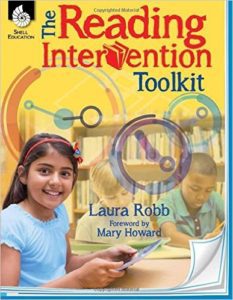
Follow Laura on Twitter @LRobbTeacher
Follow The Robb Review Facebook Page!
![]()








